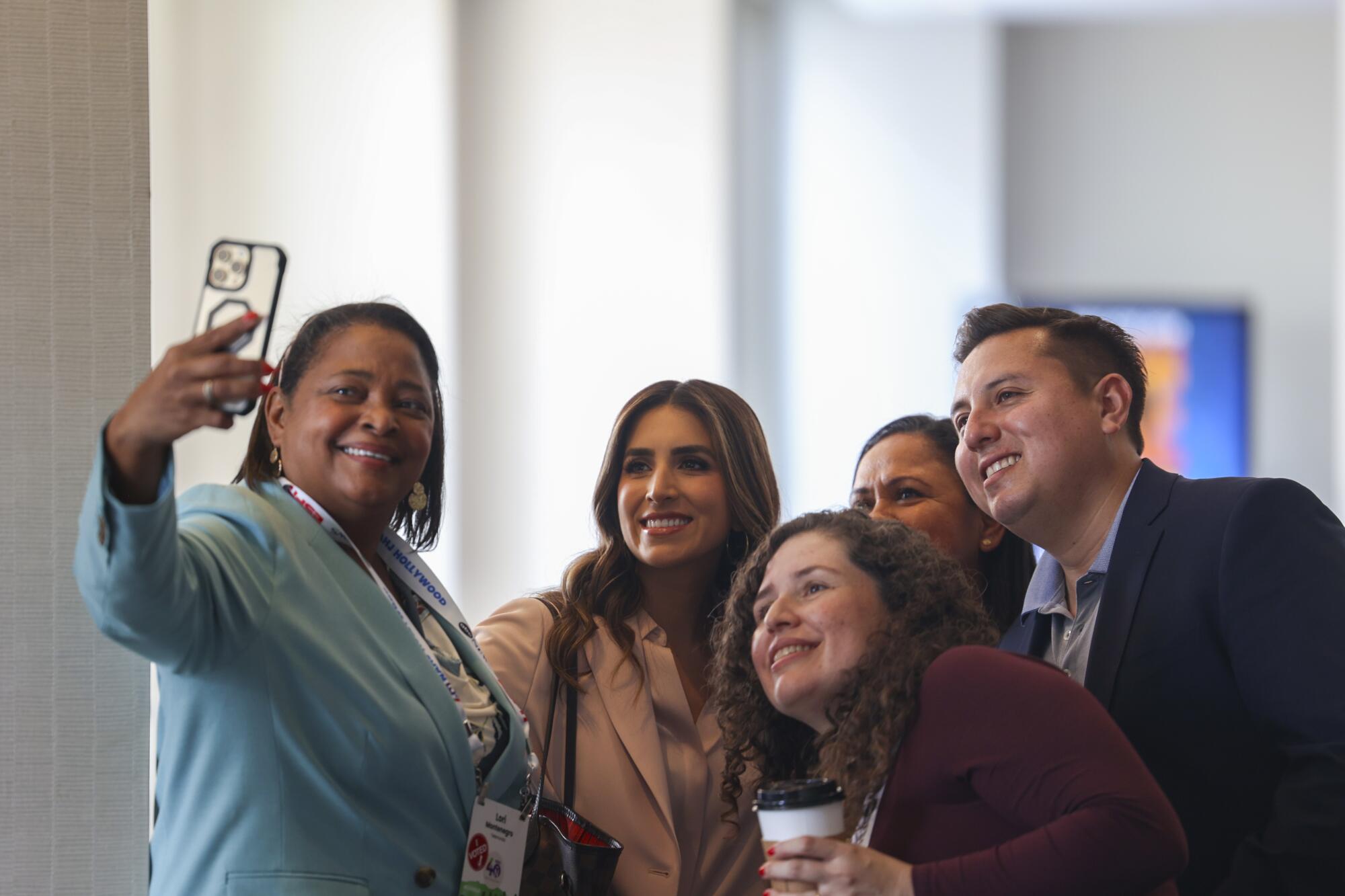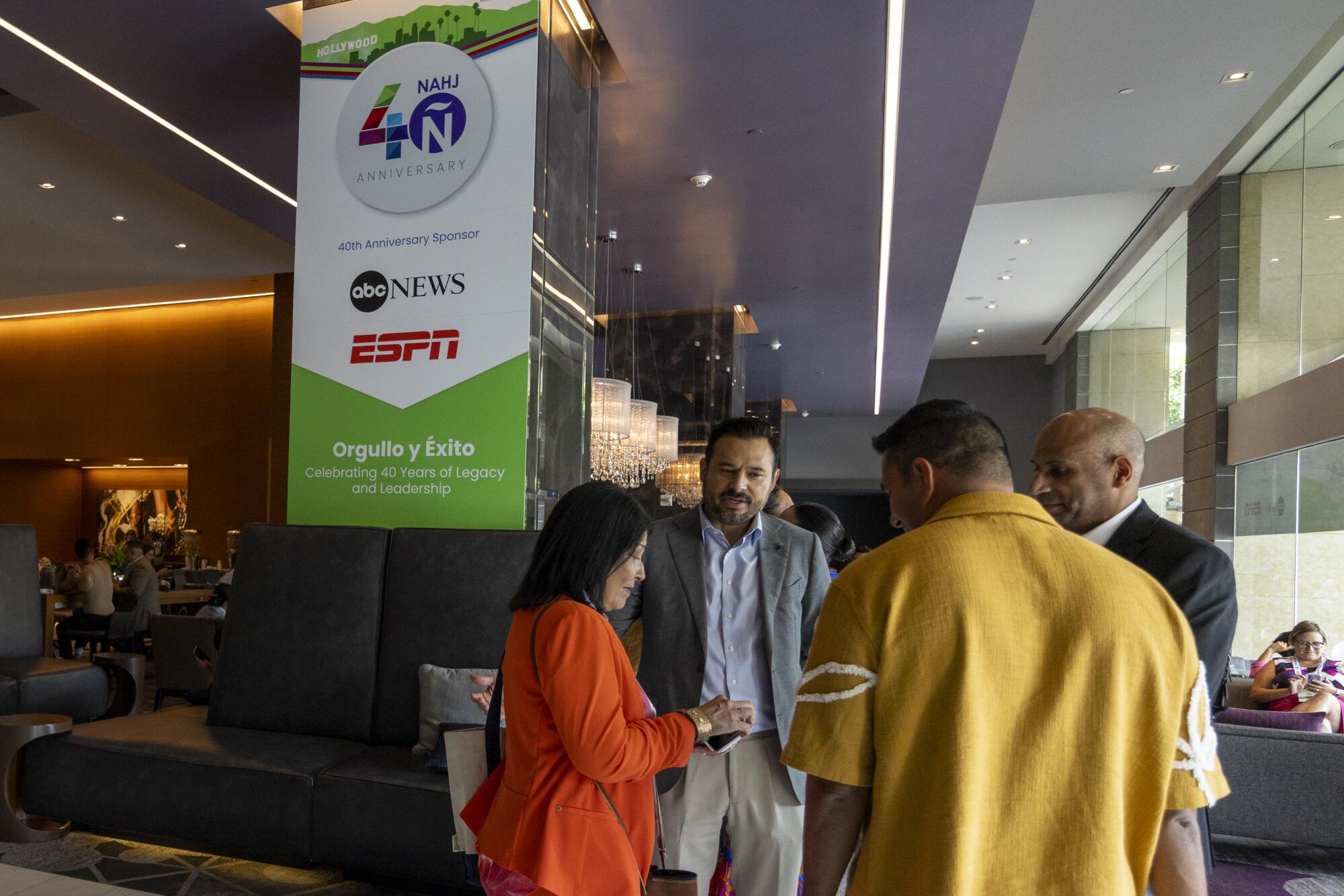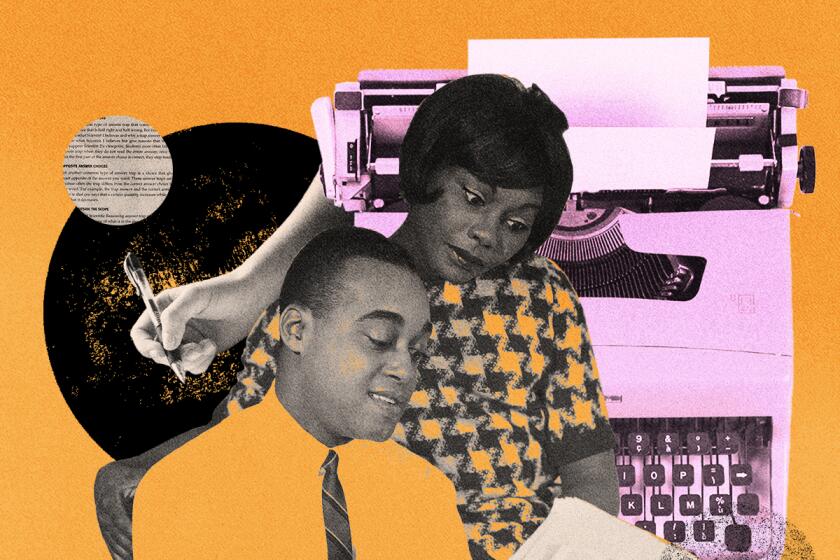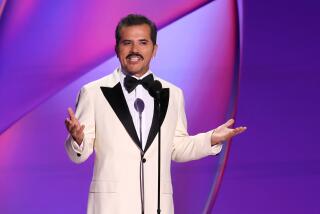
The National Assn. of Hispanic Journalists kicked off the 40th anniversary conference and expo at the Loews Hollywood Hotel on Wednesday with guest speakers from multiple media organizations, members of the Los Angeles City Council and a representative of Mayor Karen Bass.
“We are thrilled to come together to celebrate our success and beyond that, we’re excited about the work that lies ahead for NAHJ,” said President Yvette Cabrera during the opening ceremony, addressing the need for more Latinos in newsrooms and innovation in journalism. “Latinos have never been a bigger part of this country’s population and economy and it has never been more important for their stories to be told and their voices to be heard.”
The survey — conducted by the National Assn. of Hispanic Journalists between 2021 and 2023 and published Wednesday — reveals that 60% of investigative news reporters are white.
The conference, which opened with a board of directors meeting on Tuesday and will close with the Hall of Fame Gala on Saturday,is recognizing the 2024 inductees this weekend, including Ingrid Ciprián-Matthews, Rafael Prieto Zartha, John Quiñones and L.A. Times editor Steve Padilla.
Ciprián-Matthews is the first Latina president of CBS News, while Quiñones is a longtime ABC News correspondent, reporting for “20/20,” “Nightline” and “Good Morning America.” Prieto Zartha founded NAHJ, the national organization born from a meeting of the California Chicano News Media Assn. he helped establish in the early ’80s. Padilla is editor of the Los Angeles Times’ Column One feature and known for his work as a writing coach working with generations of journalists in the newsroom and beyond for more than 30 years.
The history of NAHJ dates back to a 1982 convention in San Diego, coordinated by the California Chicano News Media Assn., which attracted 300 attendees. After two years of organizing and conferencing in major cities across the country, NAHJ’s articles of incorporation were signed in February of 1984.
Veteran journalist Maggie Rivas-Rodriguez was on the original committee that organized and founded NAHJ in 1982. She spoke on behalf of the founders, reflecting on more than four decades of progress.

“We argued passionately to make sure that we could create an organization that could represent us as journalists, and us as Latinas and Latinos,” said Rivas-Rodriguez. “This does not happen by accident. The 2024 conference builds on 40 years of the work of hundreds of very serious people that came before. People who have done the hard work of striving toward excellence. On behalf of our founding committee, I say, ‘Bien hecho y que sigamos adelante.’”
Some of the accolades recognized on Wednesday included the professional chapter of the year award, presented to NAHJ’s Los Angeles branch, the student chapter cup, awarded to the University of Missouri, and two certificates from the mayor’s office, given to the NAHJ and Executive Director Yaneth Guillen-Diaz. Although Mayor Bass could not attend, Deputy Chief of Staff Celine Cordero presented the documents. Los Angeles City Council President Paul Krekorian also made an appearance, gifting a framed resolution honoring NAHJ, signed by all council members.
As a Cuban American and rising senior at the world’s oldest school of journalism in Missouri, a predominantly white institution, award-winning Piper Molins was excited to visit this year’s conference after the positive influence she felt at last year’s NAHJ expo in Miami.
“It’s really impactful to me as a young journalist just to see professionals in the industry, who have already done the things that I’m looking at doing and have already gained the experience that I’m looking at gaining and that also look like me and have the same history and culture,” Molins told the Times.
Molins found her wings in journalism through creative writing and slam poetry, which eventually uncovered a passion for communication and giving a voice to underrepresented groups. Coming from a bilingual family, she understood that there were multiple ways to convey an idea and that there are universal truths in every word spoken.
“This country is only as strong as the most underrepresented groups in it,” Molins said. “I truly believe that representation, specifically in journalism and in the executive spaces in journalism, can be very impactful as far as changing people’s narratives and the narratives that they might even unconsciously have about themselves and other groups.”
More to Read
The Latinx experience chronicled
Get the Latinx Files newsletter for stories that capture the multitudes within our communities.
You may occasionally receive promotional content from the Los Angeles Times.








